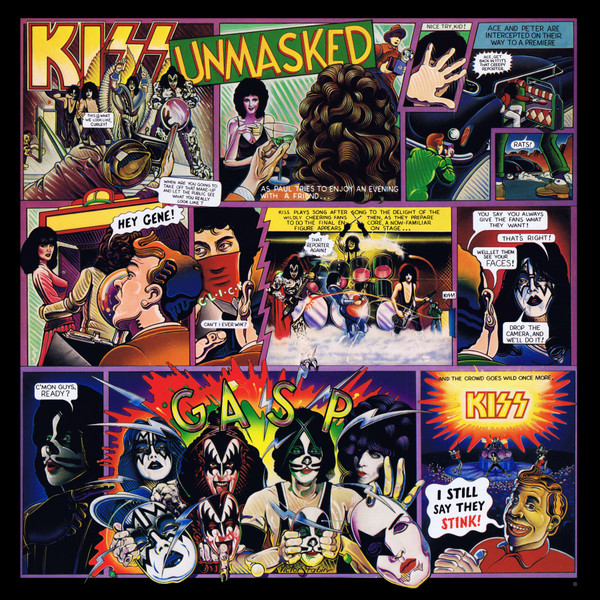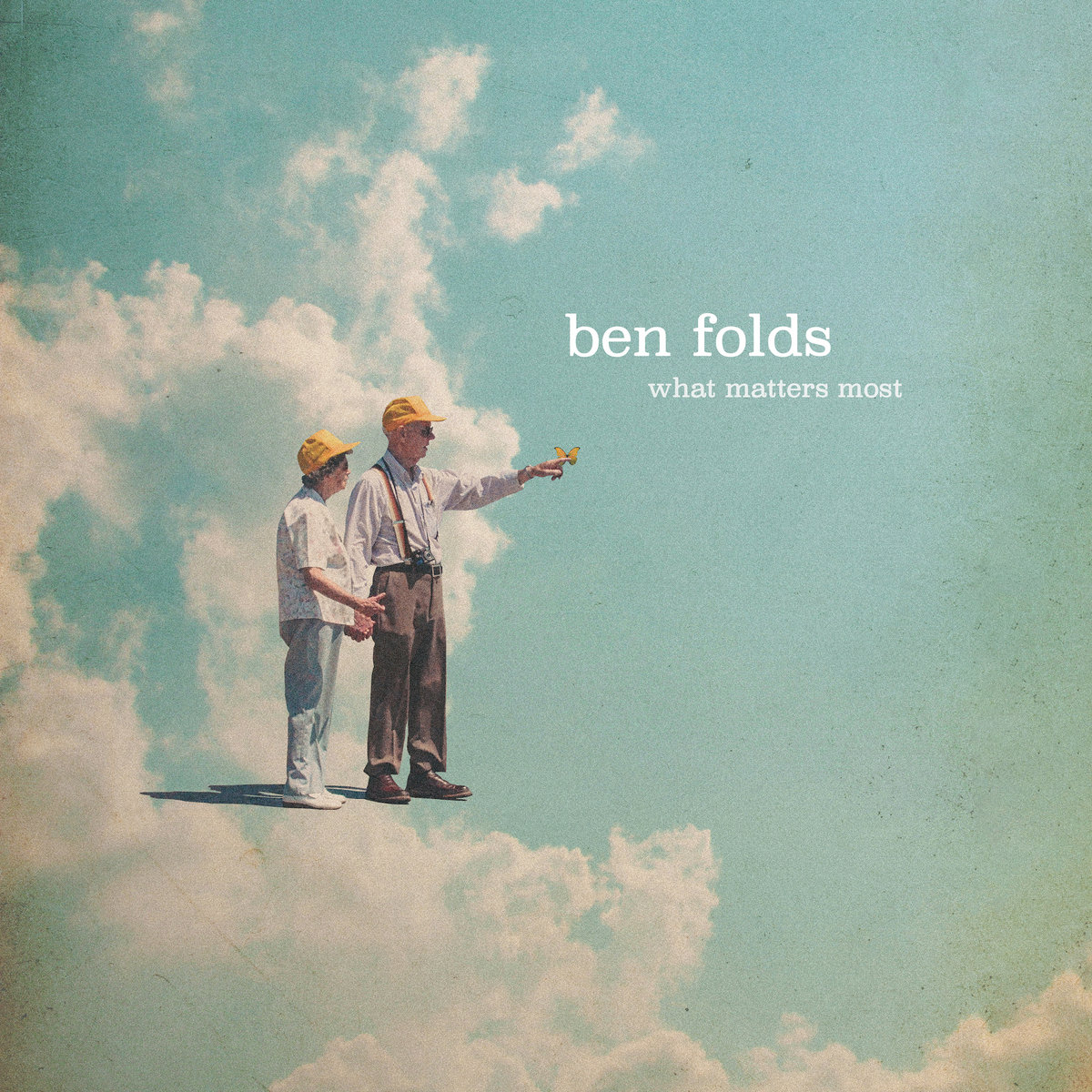 While he was once known as an actor, Johnny Depp has carved out quite a niche for himself as what Mick Jagger would call a starbucker. From owning the nightclub where River Phoenix died to forming the Hollywood Vampires, a supergroup made up of onetime degenerates, he’s been dabbling in music for decades. So it’s no surprise that he’d be enamored with Jeff Beck; the mystery is what Jeff saw in him.
While he was once known as an actor, Johnny Depp has carved out quite a niche for himself as what Mick Jagger would call a starbucker. From owning the nightclub where River Phoenix died to forming the Hollywood Vampires, a supergroup made up of onetime degenerates, he’s been dabbling in music for decades. So it’s no surprise that he’d be enamored with Jeff Beck; the mystery is what Jeff saw in him.Nonetheless, the heart wants what it wants, and supposedly a mutual fascination with vintage cars led to lots of hanging out together and, as has been known to happen, recording tracks. The first bloom of their partnership came at the height of the Covid pandemic, with a rockin’ cover of John Lennon’s “Isolation”, as timely as it was unexpected. By the time a full album came out, Depp had been tabloid fodder for months due to various ugly lawsuits involving his most recent ex-wife.
This makes 18 that much more of a curious listen, even when you want to take it on the basis of solely the music. The first problem is that he’s not much of a singer, and tries to do just that on 10 out of 13 tracks. Beck’s solo adaptation of Davy Spillane’s “Midnight Walker” sets such a wonderful mood that the industrial whiplash of Killing Joke’s “The Death And Destruction Show” only reminds us why we didn’t like his techno albums very much. Depp does his best Dennis Wilson on a self-pitying cover of “Time”, but follows that with “Sad Motherfuckin’ Parade”, another techno track that at first sounds like the judge’s gag order didn’t take. Then it turns out most of it was lifted from a “poem” written by a Missouri prisoner and collected by a folklorist. Luckily, their versions of “Don’t Talk (Put Your Head On My Shoulder)” and “Caroline, No” from Pet Sounds are instrumental, and lovely, but in between Depp croons “This Is A Song For Miss Hedy Lamarr”, wherein he seems to find a kindred spirit due to her “troubles”.
He lets Jeff do most of the work for Smokey’s “Ooh Baby Baby”, but the falsetto is likely mixed so low for a reason. In the same vein, the carbon-copy backing for Marvin’s “What’s Going On” makes it sound like Jeff’s wailing over a karaoke track coming through a speaker, while Depp is mostly limited to chanting the backing vocals across the room, until he starts throwing in a few lines from the same album’s “What’s Happening Brother” about halfway through. That said, “Venus In Furs” from the first Velvets album almost works, Jeff leaning into the snaky riff and dirty chords, but Depp’s posed decadence is just silly. The Everlys’ “Let It Be Me” starts out very sweetly and mostly stays that way, even with Depp harmonizing with himself with melodies we don’t recognize from the original. In very much the same mood is another song about the “pitfalls of fame”, but’s Janis Ian’s masterful, heartbreaking “Stars”. (We’re betting Depp heard it on an episode of Bojack Horseman.) Still, it’s gorgeous, and makes “Isolation” something of an anti-climax, which we suspect is double in length just so Depp could yell the bridge a second time. At least it gives Jeff more time to wail.
As should be clear, 18 is at its best when Jeff Beck is allowed to shine in the spotlight by himself. Unfortunately, this would be the last album he’d see released in his lifetime, and while he may have been fine with that, he deserved better.
Jeff Beck & Johnny Depp 18 (2022)—2½





